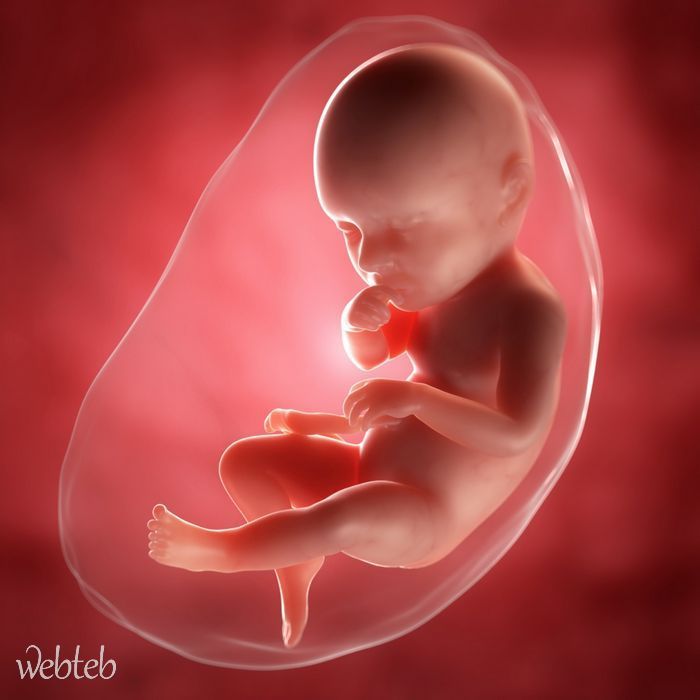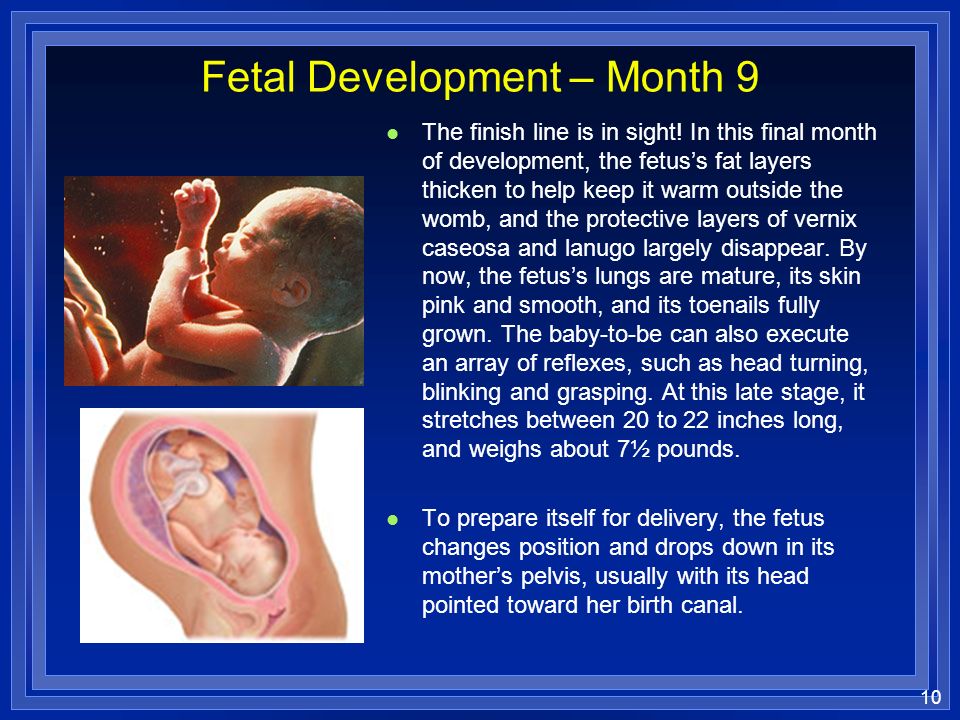Baby born 39 weeks pregnant
Why at least 39 weeks is best for your baby
If your pregnancy is healthy, it’s best to stay pregnant for at least 39 weeks. Wait for labor to begin on its own.
Scheduling means you and your provider decide when to have your baby by labor induction or cesarean birth.
If your provider recommends scheduling your baby’s birth, ask if you can wait until at least 39 weeks so your baby has time to fully develop.
Your baby’s brain, lungs, liver and other important organs are still developing in the last weeks of pregnancy.
Babies born too early may have more health problems at birth and later in life than babies born later.
Are you thinking about scheduling your baby’s birth?
Scheduling your baby’s birth means you and your health care provider decide when to have your baby by labor induction or cesarean birth instead of waiting for labor to begin on its own. Depending on your health and your baby’s health, scheduling your baby’s birth may be best. But scheduling birth a little early for non-medical reasons can cause problems for you and baby. If your pregnancy is healthy, it’s best to stay pregnant for at least 39 weeks and wait for labor to begin on its own.
When you schedule your baby’s birth, you schedule either labor induction or a c-section. Labor induction (also called inducing labor) is when your provider gives you medicine or breaks your water (also called amniotic sac) to make your labor begin for vaginal birth. Vaginal birth is when the muscles of your uterus contract (get tight and then relax) to help push your baby out through the vagina (also called birth canal). Most babies are born by vaginal birth. A cesarean birth (also called c-section) is surgery in which your baby is born through a cut that your provider makes in your belly and uterus.
You may not have a choice about when to have your baby. If there are problems with your pregnancy or your baby's health, you may need to have your baby early. But if you have a choice and you're planning to schedule your baby's birth, wait until at least 39 weeks.
Why does your baby need 39 weeks?
Babies born too early may have more health problems at birth and later in life than babies born later. Being pregnant 39 weeks gives your baby's body all the time it needs to develop.
Your baby needs 39 weeks in the womb because:
- Important organs, like your baby’s brain, lungs and liver, need time to develop. The brain develops fastest at the end of pregnancy. A baby’s brain at 35 weeks of pregnancy weighs only two-thirds of what it will weigh at 39 to 40 weeks.
- He’s less likely to have health problems after birth, like breathing, vision and hearing problems.
- He can gain more weight in the womb. Babies born at a healthy weight have an easier time staying warm than babies born too small.
- He can suck and swallow and stay awake long enough to eat after he's born. Babies born early sometimes can't do these things.
- He’s less likely to have learning problems and health problems later in life than babies born before 39 weeks.
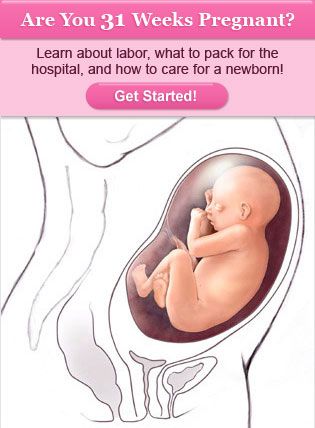
Can scheduling an early birth cause problems for you and your baby?
Yes. Sometimes it's hard to know exactly when you got pregnant. Even with an ultrasound, your due date can be off by as much as 2 weeks. If you schedule an induction or c-section and your date is off by a week or 2, your baby may be born too early. Ultrasound uses sound waves and a computer screen to show a picture of your baby inside the womb.
Problems from inducing labor
- Stronger and more frequent contractions. Frequent contractions may cause changes in your baby’s heart rate.
- Infection for you and your baby
- Uterine rupture. This is when the uterus tears during labor. It happens very rarely.
- Needing a c-section. If your labor is induced and the medicine doesn’t start your labor, you may need to have a c-section.
Problems from a c-section
- Breathing and other medical problems for your baby.
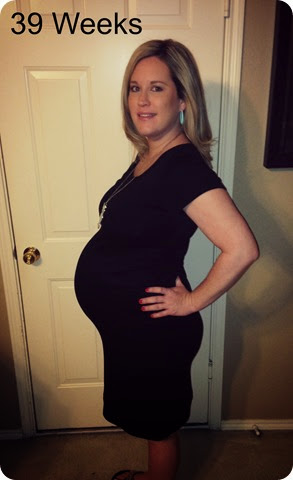 Babies born by c-section may have more breathing and other medical problems than babies born by vaginal birth.
Babies born by c-section may have more breathing and other medical problems than babies born by vaginal birth. - Needing a c-section in another pregnancy. Once you have a c-section, you may be more likely in future pregnancies to have a c-section. The more c-sections you have, the more problems you and your baby may have, including problems with the placenta.
- Longer recovery for mom. A c-section is major surgery. It takes longer for you to recover from a c-section than from a vaginal birth. You can expect to spend 2 to 4 days in the hospital after a c-section. Then you need about 6 to 8 weeks after you go home to fully recover. You also may have complications from the surgery, like infections, bleeding or blood clots. So it's important to stay in touch with your health care provider even after you go home.
What questions can you ask your health care provider about scheduling your baby's birth?
If you’re planning to schedule your baby’s birth, print out this article and take it with you to your next prenatal care checkup. Ask these questions:
Ask these questions:
If your provider recommends that you have your baby before 39 weeks
- Is there a problem with my health or the health of my baby that makes birth before 39 weeks necessary?
- Can I wait to have my baby until I’m closer to 39 weeks?
About inducing labor
- Why do you need to induce labor?
- How will you induce my labor?
- What can I expect when you induce labor?
- Will inducing labor increase the chance that I’ll need to have a c-section?
About having a c-section
- Why do I need to have a c-section?
- What can I expect during and after a c-section?
- What problems can a c-section cause for me and my baby?
- Can I have a vaginal birth in future pregnancies?
See also: 39 weeks infographic
Last reviewed: October, 2018
39 Weeks Pregnant: Symptoms & Signs
Baby kicks
Keep paying attention to your baby's movements, and let your doctor or midwife know right away if they seem to decrease.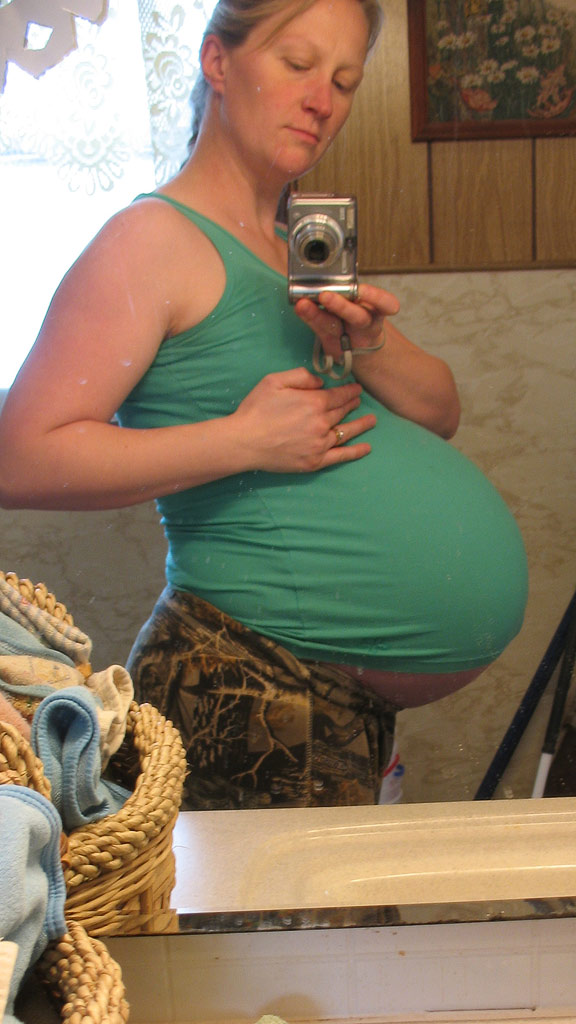 Your baby should remain active right up to delivery, and a noticeable slowdown in activity could signal a problem.
Your baby should remain active right up to delivery, and a noticeable slowdown in activity could signal a problem.
Changes to your cervix
At a prenatal checkup, your provider might do an internal exam to see whether your cervix has started ripening: softening, effacing (thinning out), and dilating (opening). But even with this knowledge, there's still no way to predict exactly when your baby is coming. For some women, labor progresses quickly even if they haven't started dilating in advance. Others wait for days or weeks (after their cervix has started to open) for labor to start.
Leaking fluid
Call your provider if you think your water may have broken. When the amniotic sac that surrounds your baby ruptures, sometimes there's a big gush of fluid, but oftentimes there's only a small burst or a slow leak. Call even if you're not sure or only suspect you have a leak. If your water breaks but contractions don't start soon, you may be induced. That's because once your amniotic sac has ruptured, you and your baby are at increased risk of infection.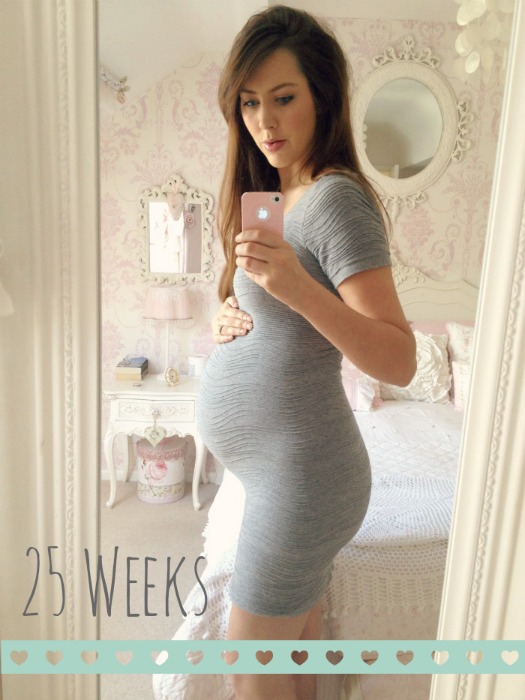
At 39 weeks, you may also notice that your breasts are leaking small drops of yellow fluid. Your body is producing colostrum, the highly nutritious "liquid gold" that will be your baby's first meal.
Diarrhea
A less-than-pleasant symptom you might experience at 39 weeks: diarrhea. Some people think that having diarrhea can be a sign of early labor, and that it means labor will start in 24 to 48 hours.
The theory goes: As your body prepares for labor it releases hormones called prostaglandins. These chemical messengers tell your uterus to contract, but they can have the same effect on your digestive tract. Contractions cause stool to move through more quickly, leading to diarrhea. (This is the same reason some women experience diarrhea during their periods).
There's no proof that diarrhea means labor's approaching, though. If you have it, be sure to drink plenty of fluids and talk with your provider before taking any antidiarrheal medications. Call your doctor or midwife if you have accompanying symptoms, if your diarrhea lasts longer than a couple of days, or if you think you might have food poisoning.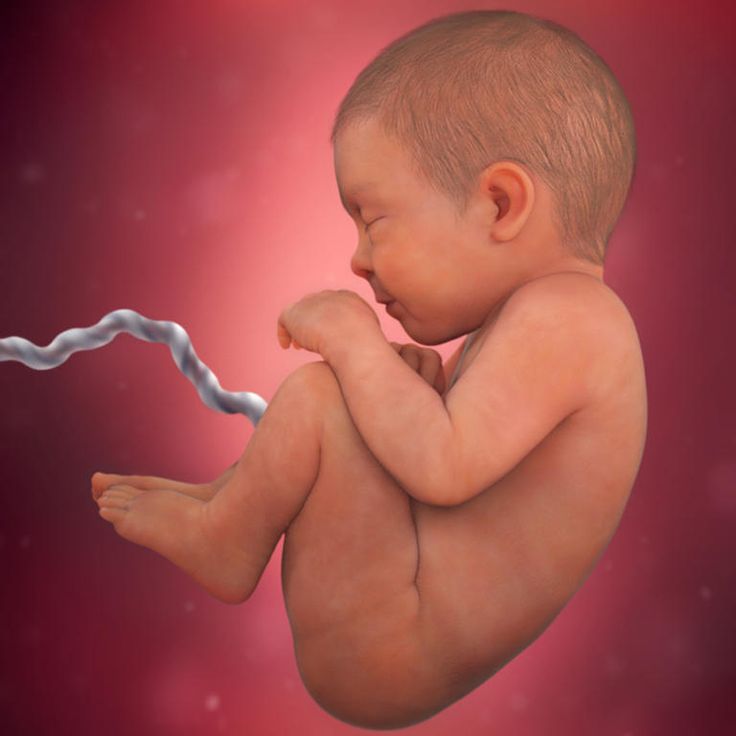
Pelvic pain
At this point, you may be very familiar with pelvic pain, which one in four women experiences during pregnancy. Carrying around a baby who's now the size of a watermelon can make your symptoms much worse. Some women can even have trouble walking by 39 weeks.
Resting and avoiding painful activities can help. That's tough when you have a baby to prepare for, and possibly other children to look after, but it's important. Limit activities that cause discomfort, such as heavy lifting and carrying, standing or walking for too long, and strenuous exercise. Find new ways to do things that cause you pain (some women find it easier to get out of bed by slowly rolling to one side and pushing up). Take help when it's offered, and don't be afraid to ask for support.
Anytime you have pain during pregnancy, talk to your doctor or midwife. They'll want to make sure it isn't due to any other health problems, and they'll offer options for relief. Starting physical therapy, wearing a pregnancy girdle, taking acetaminophen, and doing some gentle exercise can help your body feel better.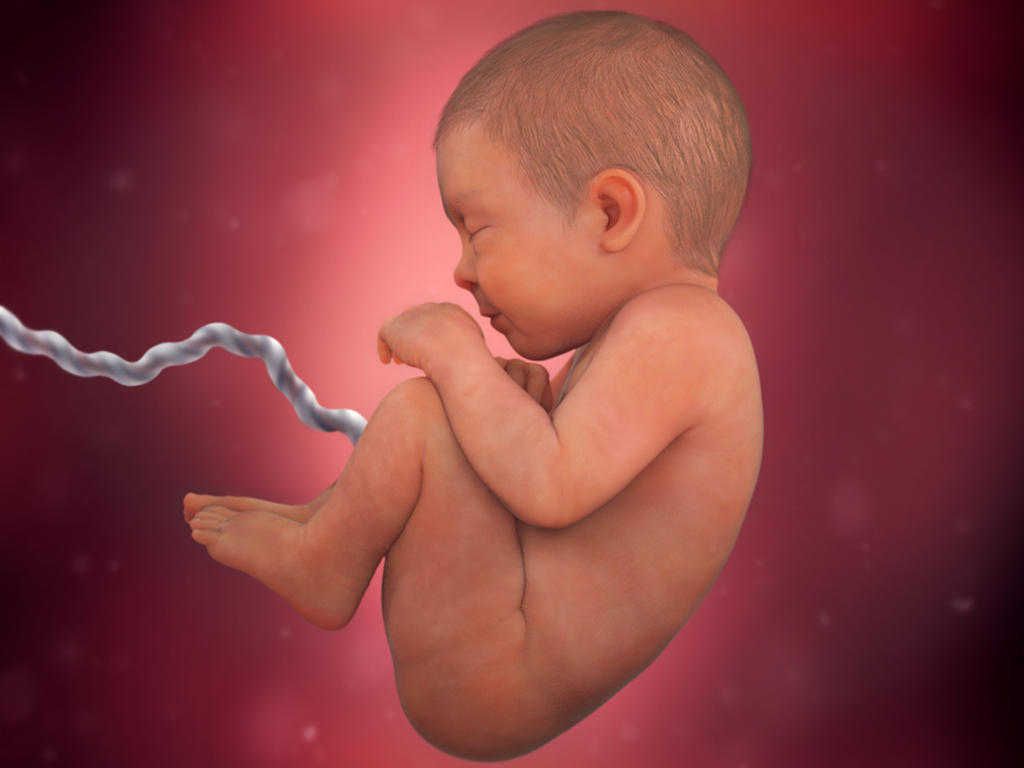
Mood swings
The end of pregnancy can try the patience of even the most mellow mom-to-be. It's no surprise that mood swings might intensify by week 39. You're riding waves of hormones, which can wreak havoc on your emotions; you're likely uncomfortable; and you may be both excited and terrified for labor and motherhood.
Cut yourself some slack, and indulge in all the self-care you won't have time for after your baby arrives. Whether it's a slow walk, a date with your partner, a morning in bed, or a prenatal massage, do whatever feels right to you.
You might want to focus on mentally preparing for parenthood without outside distractions. It's alright to step back from social media or ignore those calls and texts asking if you've had your baby yet.
Mood swings can sometimes signal pregnancy depression – especially if you're feeling blue, sad, or empty every day. If you think you may be depressed, you're unable to handle your daily responsibilities, or you have thoughts of harming yourself, call your provider immediately. They can refer you to a mental health specialist.
They can refer you to a mental health specialist.
Different discharge
As you get closer to your baby's birthday, you might notice changes to your vaginal discharge – more discharge, mucus-like discharge, and brown discharge, for example.
If you see brown discharge, the brown color comes from dried blood, and it's likely nothing to worry about. Same goes for bright-red or pink discharge called "bloody show," which means labor is coming soon. Mucousy discharge is a sign that your mucus plug is coming loose – and it's another normal sign that labor's approaching.
Don't see your symptom?
Wondering about a symptom you have? Find it on our pregnancy symptoms page.
39th week of pregnancy what happens to the fetus
At the thirty-ninth week of pregnancy, almost complete formation of the systems and organs of the unborn child is noted. The fruit is quite well-fed thanks to a very pronounced layer of fat. The skin of the unborn child becomes pink. The lungs look as if they are ready to crack down any day, start breathing: inhale the air with the first breath immediately after birth. The digestive tube of the unborn child may begin to actively promote its contents, and the internal glands of the fetus, almost ready for birth, begin to produce the enzymes necessary for the future digestion of food. nine0003
The lungs look as if they are ready to crack down any day, start breathing: inhale the air with the first breath immediately after birth. The digestive tube of the unborn child may begin to actively promote its contents, and the internal glands of the fetus, almost ready for birth, begin to produce the enzymes necessary for the future digestion of food. nine0003
The fetus, almost ready for birth during this period of time, occupies almost the entire space inside the uterus. The muscles in the arms and legs are constantly in motion, they train. The kicks and movements are very intense, even painful, they are not as active as before, but still they disturb the expectant mother.
You should not expect kicks and movements to stop, since it is most likely that the unborn child will calm down only for childbirth, since there may be practically no room left in the uterus for movements. nine0003
It is at the thirty-ninth week of pregnancy that the so-called demonstration of the temperament of the unborn child can take place.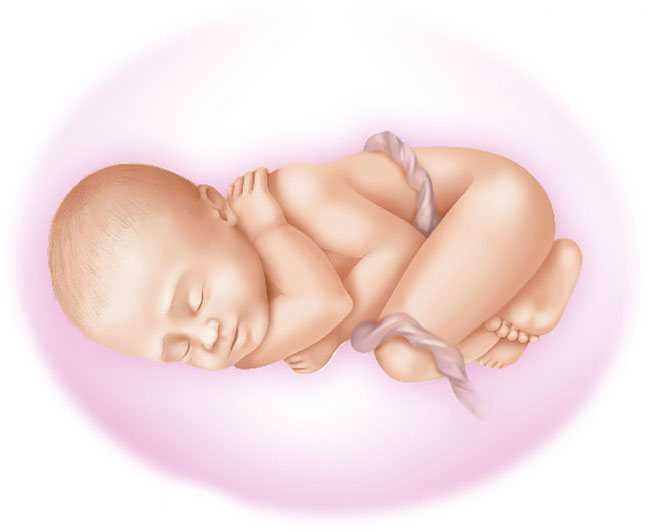 But noticeable changes in the intensity and strength of shocks and movements, both in the direction of their amplification and in the direction of reduction, can occur due to changes in the supply of oxygen, and therefore a pregnant woman who pays attention to such changes should contact a specialist for examination .
But noticeable changes in the intensity and strength of shocks and movements, both in the direction of their amplification and in the direction of reduction, can occur due to changes in the supply of oxygen, and therefore a pregnant woman who pays attention to such changes should contact a specialist for examination .
It is very important for a pregnant woman to watch her diet during this period of time. Amniotic fluid becomes much smaller, but they change much more often, this happens several times a day. The baby is fed through the placenta. nine0003
By this period, the unborn child has almost completely formed all the organs and systems of the body. His skin has a pink color, and under it there is a well-defined subcutaneous fat layer.
The growth of the fetus ready for birth reaches about fifty centimeters, and the weight is more than three kilograms.
The nervous system of the unborn child is already functioning, as it reaches its maximum development during the thirty-ninth week. The kidneys during this period are already filtering the liquid on their own and are already able to remove metabolic products from the body of the unborn child. nine0003
The kidneys during this period are already filtering the liquid on their own and are already able to remove metabolic products from the body of the unborn child. nine0003
The fetus in this period is already able to distinguish taste, it actively begins to respond to light and pain.
After childbirth, the development of vital organs and body systems of the unborn child will continue and they will adapt to work in new conditions and in their new environment.
Precursors of childbirth during this period for primiparous and multiparous women become approximately the same, but a multiparous woman is better and faster able to recognize the signs of labor precursors, adapts faster. nine0003
In addition to the prolapse of the abdomen and the removal of the mucous plug, training contractions may occur, but they may not be at all. The head of the fetus is lowered so that it is inserted into the pelvic opening of the expectant mother. The movement of the fetus becomes stronger or, on the contrary, weakens.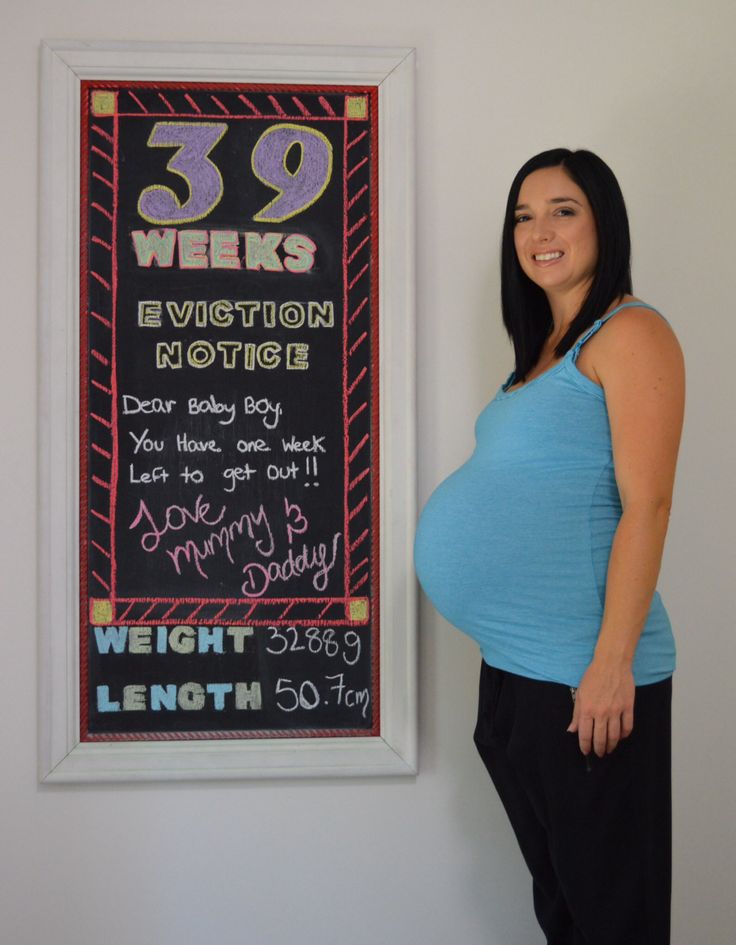 And one or two days before childbirth, a weakening of the stool in a pregnant woman may occur.
And one or two days before childbirth, a weakening of the stool in a pregnant woman may occur.
A woman must understand that in this period before the birth of her child, there is very little time left. nine0003
39 weeks pregnant - what happens to the baby, nausea at thirty-ninth week of pregnancy
WHAT'S HAPPENING
Now the baby's body is actively preparing for existence outside the mother's tummy. The heart, kidneys, and lungs are already capable of supporting the life of a newborn. The intestine has become completely passable, and its muscles are slowly moving into the lower parts of the meconium.
The process of improvement will not stop even after the baby is born. By deadline 39weeks of pregnancy, the development of the central nervous system has not completed, and although the sucking apparatus is functioning, the muscles will be further strengthened, because the child will have to "get" his own food. Due to the lack of training, the salivary glands and the chewing apparatus are not yet developed.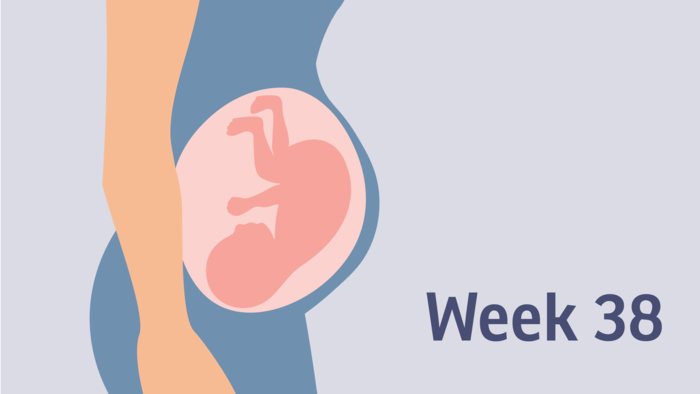 Saliva will begin to be produced only a month after birth, and the baby will learn to chew when the time comes.
Saliva will begin to be produced only a month after birth, and the baby will learn to chew when the time comes.
At the 39th week of pregnancy, the length of the fetus is usually from 51 to 52 cm, and the weight is 3250 - 3300 g. It has a rather large head, and the shoulder girdle and chest are now better developed than the girdle of the lower extremities. In the remaining time, the baby grows by lengthening the torso and legs. nine0003
16 - 20 hours a day the child spends in a dream, gaining strength before childbirth. And when she is awake, mom clearly feels his movements. You have already noticed that there are fewer movements, but, like last week, there should be at least 10 of them per day.
By the 38th - 39th week of pregnancy, the placenta ceases to cope with its functions. Its aging is a physiological phenomenon associated with thinning of tissues, slowing down of metabolic processes and deterioration of blood supply. The fetus receives less and less oxygen and nutrients. nine0003
nine0003
YOUR WELL FEELING
The body is ready for childbirth, and there are practically no significant changes in your sensations. At 39 weeks pregnant, you may still feel itchy skin on your belly. Discomfort in the lower back and sacrum sometimes increases, and due to the strong pressure of the uterus on the bladder, the expectant mother is often worried about pain in the perineum. In addition, due to the production of colostrum at this time, pain in the chest may appear.
Training bouts at 39th week of pregnancy are observed more often, but their duration remains the same. Now you may find that your weight has decreased. Do not worry: in the later stages this is normal. Due to the fact that the body is freed from excess fluid, a woman can lose up to 2 kg. And there is also a cleansing of the intestines, which is why diarrhea is possible at this stage.
It is not uncommon for nausea and vomiting to appear at the 38th - 39th week of pregnancy, caused by late toxicosis.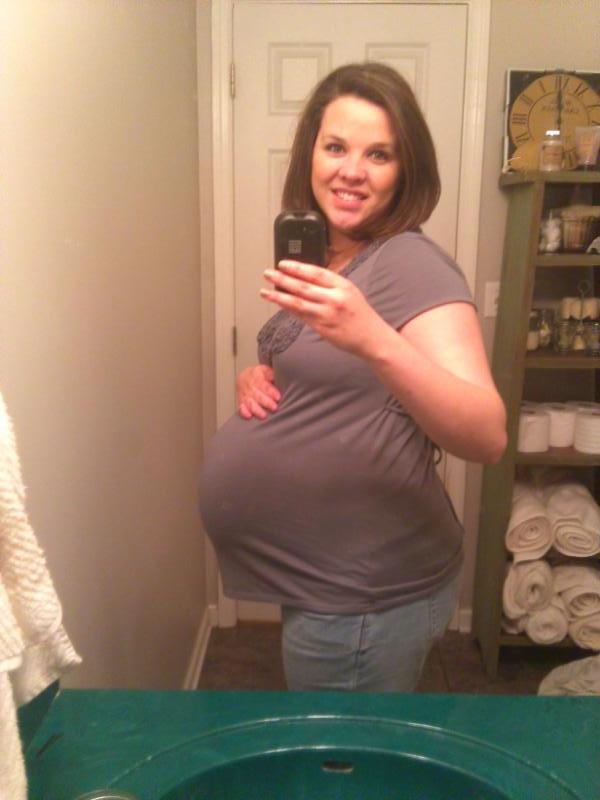 This condition is dangerous for the expectant mother and baby, and this symptom must be told to the doctor. And to ease nausea and avoid vomiting, get outside more often, increase the number of meals, and reduce portion sizes. Try not to lie down immediately after eating to avoid possible vomiting. nine0003
This condition is dangerous for the expectant mother and baby, and this symptom must be told to the doctor. And to ease nausea and avoid vomiting, get outside more often, increase the number of meals, and reduce portion sizes. Try not to lie down immediately after eating to avoid possible vomiting. nine0003
If your stomach is stiff, this may be a sign of hypertonicity. Consult a gynecologist - usually a doctor in such cases prescribes an antispasmodic drug.
Now it is important to monitor the discharge from the vagina: normally, they are light milky, of a homogeneous consistency, with a slightly sour smell. At 39 weeks of pregnancy, you should not be afraid of a slight increase in their number, as well as the presence of mucus impurities. This is nothing more than particles of a cork that closes the entrance to the cervix. But purulent, flaky or cheesy discharge of an unusual color is a reason to see a doctor, as these are symptoms of genital infections, and while there is still time, you need to undergo treatment. nine0003
nine0003
Immediately go to the doctor and if at 38 - 39 weeks of pregnancy you notice a yellowish watery discharge. This is the amniotic fluid. Amniotic fluid does not always flow immediately. If the integrity of the membranes is violated, it can come out in small portions, which is bad for the baby, because he becomes very vulnerable to infections. Call an ambulance immediately if bleeding comes from the genital tract. Perhaps premature detachment of the placenta has begun. nine0003
RISK FACTORS
At 38 - 39 weeks of pregnancy, one should beware of colds. Due to weakened immunity, infections easily cling to the expectant mother, and illnesses are difficult and threaten with serious complications. If you still get sick, do not self-medicate, but immediately consult a doctor.
MEDICAL SUPERVISION
At the 39th week of pregnancy, a visit to the gynecologist is scheduled. The specialist will listen to the baby's heartbeat, check the readiness of the cervix for childbirth and carry out other standard procedures: nine0003
- Blood pressure measurement;
- Weighing;
- Fundal height measurement.

In addition, as usual, you need to do urine and blood tests.
At a period of 39 weeks of pregnancy, ultrasound is usually not done. However, there may be individual indications for its re-conduct. As before, during an ultrasound examination, the doctor examines the fetus, determines its physical parameters and degree of development. Be sure to evaluate the size and condition of the uterus, the degree of maturity of the cervix, the quantity and quality of amniotic fluid. An important criterion is the degree of maturity of the placenta (most often at this time it is the third). nine0003
An ultrasound will also give an idea of how the umbilical cord is located. Sometimes a single, double or multiple entanglement of the fetal neck is found. During pregnancy, this is usually not dangerous, because inside the mother's womb, the baby does not breathe with lungs, but oxygen enters it through the blood. Difficulties arise with a very tight entanglement, since this disrupts the normal blood supply to the fetus. Such pathologies need close attention from the gynecologist, but in most cases (if the umbilical cord is of normal length and does not tighten the neck), a healthy child is safely born naturally. And only if problems arise in the first stage of childbirth, an emergency caesarean section is performed. nine0003
Such pathologies need close attention from the gynecologist, but in most cases (if the umbilical cord is of normal length and does not tighten the neck), a healthy child is safely born naturally. And only if problems arise in the first stage of childbirth, an emergency caesarean section is performed. nine0003
RECOMMENDATIONS
Be outdoors every day so that your baby gets enough oxygen. To get rid of pain, do breathing exercises, and if you feel well, continue to do gymnastics for pregnant women.
In the last stages, do not stop monitoring nutrition. By the end of the 38th - 39th week of pregnancy, the uterus has descended, therefore, most likely, your appetite has woken up, but try not to overeat so as not to overload the body before childbirth. The daily menu should contain foods with a sufficient amount of protein: fish, cereals, cottage cheese, kefir, yogurt. Now you need carbs too. To maintain energy, you can indulge in desserts, but give preference to natural products without harmful artificial fillers. Do not forget about fiber: on your table there should be vegetables, fruits, products made from wholemeal flour. nine0003
Do not forget about fiber: on your table there should be vegetables, fruits, products made from wholemeal flour. nine0003
At 38 - 39 weeks of pregnancy, many expectant mothers overcome the "nesting syndrome". I want to start a repair or at least a rearrangement, buy new things and solve a whole bunch of other problems. Think carefully before you do something big. Due to emotional imbalance, what you like today may become annoying tomorrow. Model the future look of the interior on a computer, consult with the designer, and only then get down to business. Do not overestimate your physical capabilities: let specialists, friends or relatives take over all the work. nine0003
When shopping at 39 weeks pregnant, remember that babies grow very fast and you may end up with a ton of unused items. Buy only the essentials, and prepare a list for friends and family so they don't have to rack their brains over what to give you.
As for intimate relationships at the 39th week of pregnancy, then if you feel great and there are no medical contraindications, you should not deny yourself the pleasure. Sex cannot harm the fetus, as it is protected by a mucous plug. And the amniotic fluid protects from tremors. Sexual intimacy has a positive effect on the cervix: under the influence of sperm, it softens, and this is useful for childbirth. But we must not forget about caution, because contractions can begin at any moment. nine0003 Pregnancy and childbirth
Sex cannot harm the fetus, as it is protected by a mucous plug. And the amniotic fluid protects from tremors. Sexual intimacy has a positive effect on the cervix: under the influence of sperm, it softens, and this is useful for childbirth. But we must not forget about caution, because contractions can begin at any moment. nine0003 Pregnancy and childbirth
Ninth month of pregnancy: changes in the female body and fetal development by week
Newborn careDowry for a newborn
What do you need to have at home for discharge, what stroller and crib to choose, and what equipment to buy? nine0003 Pregnancy and childbirth
What to take with you to the maternity hospital
Pregnancy and childbirthPsychology of pregnancy and motherhood
Positive attitude and overcoming fears during pregnancy, psychological hygiene and well-being of a woman.